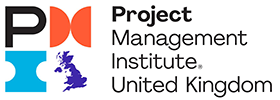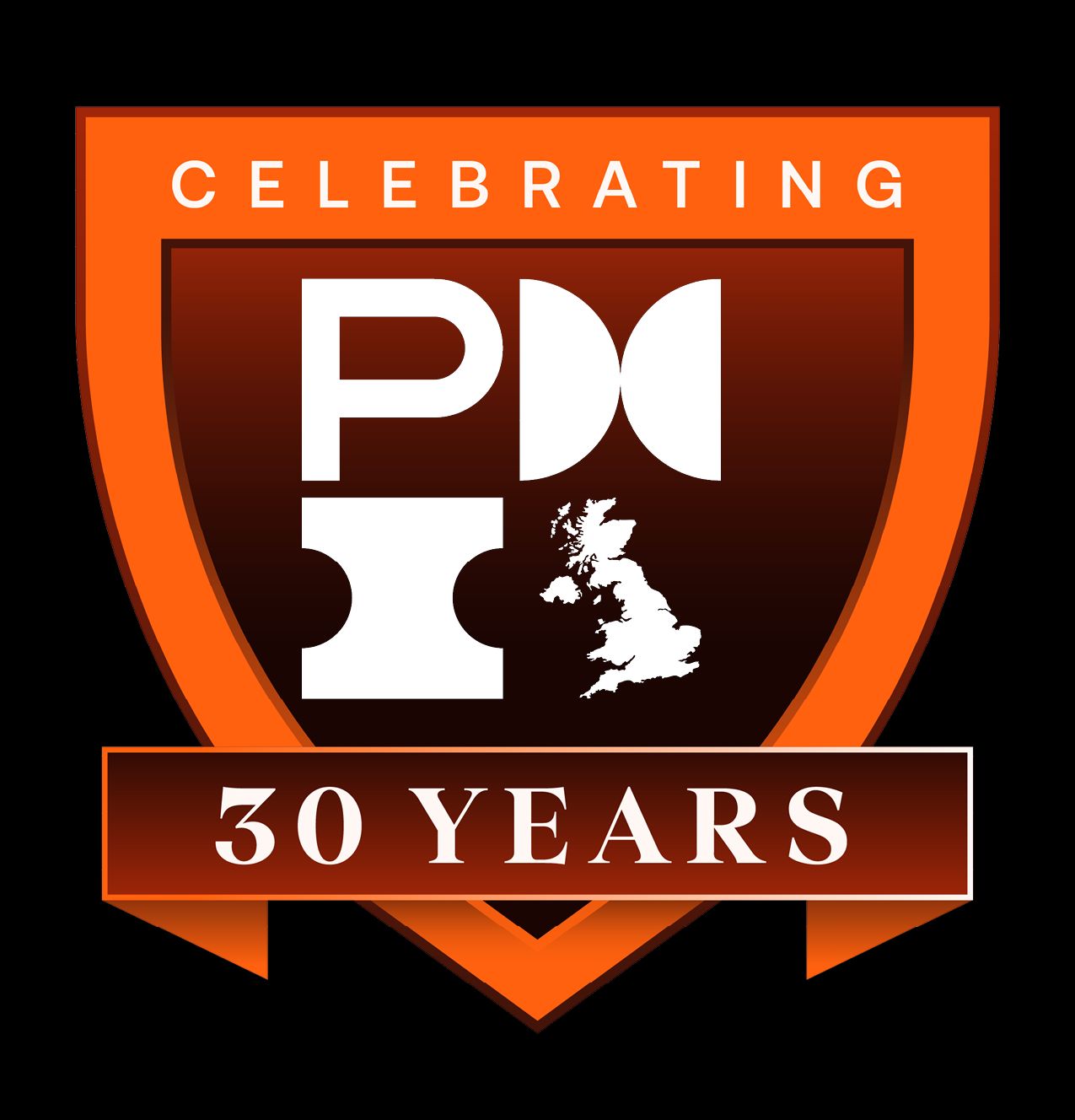Introducing imagination
To quote Albert Einstein, ‘Logic will get you from A to B. Imagination will take you everywhere’.
To quote Willy Wonka (of all people) (though according to the internet, credit should go to Anthony Newley and Leslie Bricusse, the writers of this song)
 Come with me and you’ll be
Come with me and you’ll beIn a world of pure imagination
Take a look and you’ll see
Into your imagination…If you want to view paradise
Simply look around and view it
Anything you want to, do it
Want to change the world?
There’s nothing to it
So what are we trying to imagine?

Imagining Sustainable Development
To quote António Guterres, the UN Secretary-General, ‘A sustainable economy driven by renewable energy and nature-based solutions will create new jobs, cleaner infrastructure and a resilient future. An inclusive world at peace with nature can ensure that people enjoy better health and the full respect of their human rights so they can live with dignity on a healthy planet.’
Who could argue with that?
Digital Construction Week 2024
This is the train of thought I put forward on the Net Zero Carbon stage at Digital Construction week, after Bentley Systems kindly invited me to be one of their speakers. My topic was around the role of imagination in tackling weighty problems, and showcasing Saltwich, the fictional town that we have been developing and exploring over the last year or so in the PMI UK Sustainability Community of Action.
I often find that people want to talk about Sustainable Development, but they don’t really know where to start. The problem feels very big, and people can usually see many barriers and obstacles to making it happen. Even one barrier, and they often don’t see how they can succeed. Where’s the money coming from? Is there enough time? Bosses will say no to it. The team is already under enough pressure.
The solution – Saltwich
And so I came up with a solution – I invented a town. It was Covid, and I didn’t bake sour dough – I got lost in the history of Britain, the Industrial Revolution, and Globalisation. As you do.
Saltwich is a place where people can explore complexity and interconnectedness in an incremental and digestible way. Which is another way of saying, you can come up with simple stories in imaginary Saltwich to break problems down.
Saltwich is a place where anything is possible, so it frees people up to ask different questions. So your real project has a very tight budget – what would happen if there wasn’t a budget? How much bigger would the budget have to be to solve the problem? This is a very different thread of thinking’ because it frees people up to think about the bigger objectives, starts to ask who people could form partnerships with, all instead of focusing on lowering costs.

Saltwich also offers a very refreshing anonymity. Most of us can’t talk directly about our work because it is often not 100% our property, or our money, or our reputation. I am writing this as a volunteer, and not presenting as an employee of my day job. Saltwich cannot exist and so also cannot catch anyone out. And so people can talk indirectly about problems and solutions without over-committing themselves or being indiscrete, which also brings a certain freedom.
Saltwich can also live in many forms of digital fantasy. Saltwich can have whatever components in a digital twin that it likes, and can have any dummy data we care to create. It can create scenarios for people to explore how they would approach decisions, and to ‘role play’ in their own teams, or in teams across organisations and sectors, to think about how they would approach sustainable development with these new digital tools.

PMI UK SCoA – Bentley Systems Collab
And that’s why the PMI UK Sustainability Community of Action has teamed up with Bentley Systems to have a think about whether we could ‘bring Saltwich to (virtual) life’.
Bentley Systems are used extensively through the UK construction industry (I have to note that other suppliers are available) and bring together data / files / CAD models / imagery from many different sources and file types, into one giant filing cabinet. And this filing cabinet is already digital ready, with the ability to support all sorts of metadata, and APIs, and pull in data from the internet, and all sorts of other things that I’m still learning about that were not covered in 2000’s engineering degrees (another blog post no doubt).
And the purpose of this experiment with Bentley is to outline how a digital ‘imaginary twin’ could be used to help tackle sustainable development.

By turning something almost impossible into something merely fantastical – and the freedom that comes with it.
About the Author
 Esther Gordan-Smith, A303 Stonehenge benefits and legacy lead. Trained as a civil engineer, chartered with the ICE in 2016, I started working in benefits management for National Highways on the A303 Stonehenge in 2017. I am passionate about driving the best outcomes from infrastructure schemes. I enjoy working with my project team and stakeholders to realise project benefits, and also to identify and deliver additional opportunities in partnership.
Esther Gordan-Smith, A303 Stonehenge benefits and legacy lead. Trained as a civil engineer, chartered with the ICE in 2016, I started working in benefits management for National Highways on the A303 Stonehenge in 2017. I am passionate about driving the best outcomes from infrastructure schemes. I enjoy working with my project team and stakeholders to realise project benefits, and also to identify and deliver additional opportunities in partnership.


